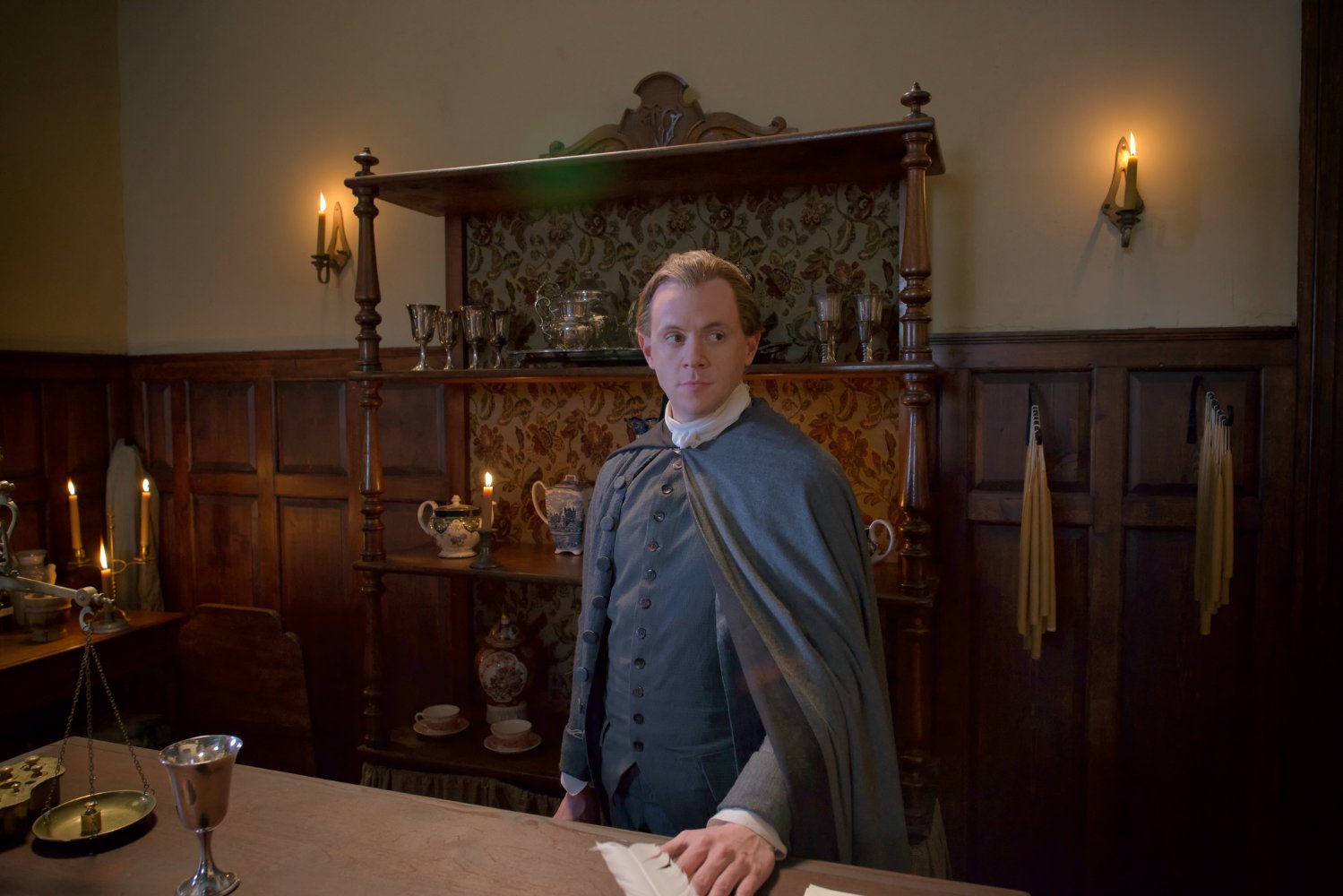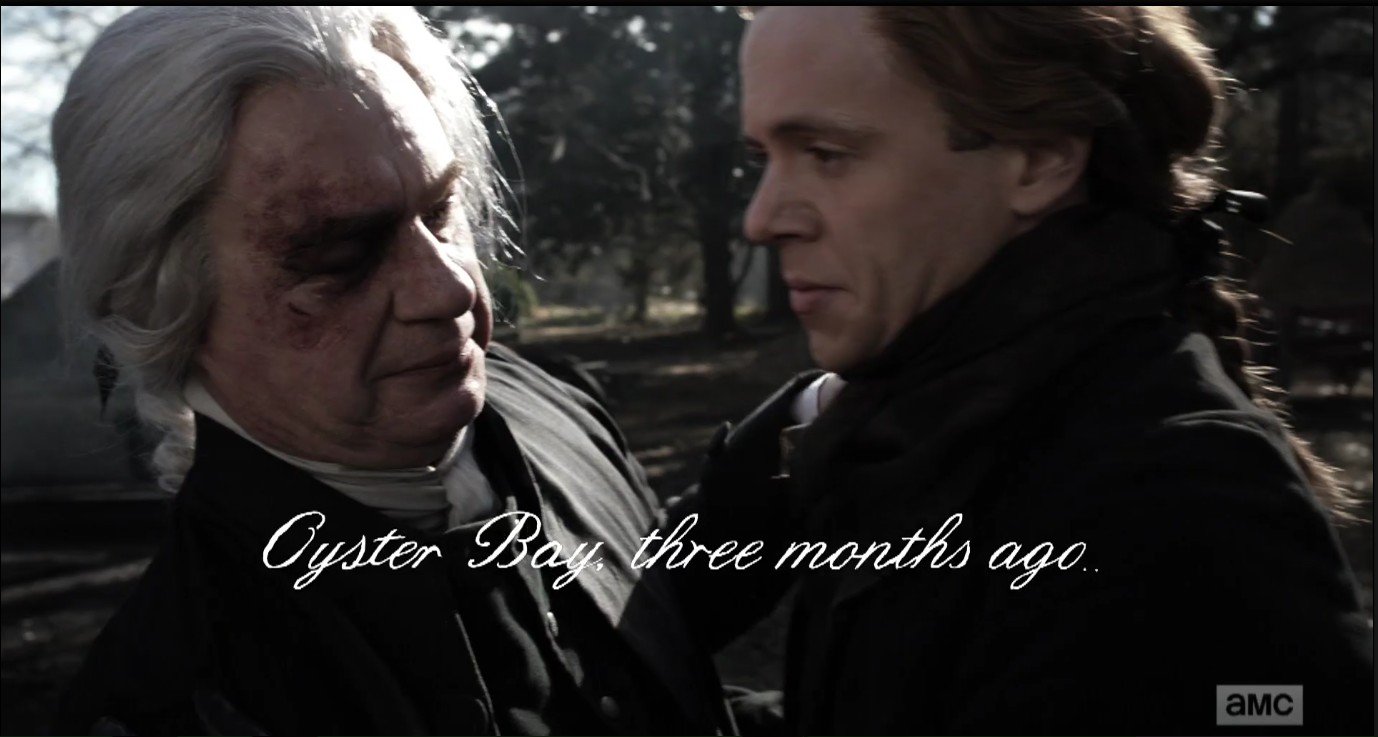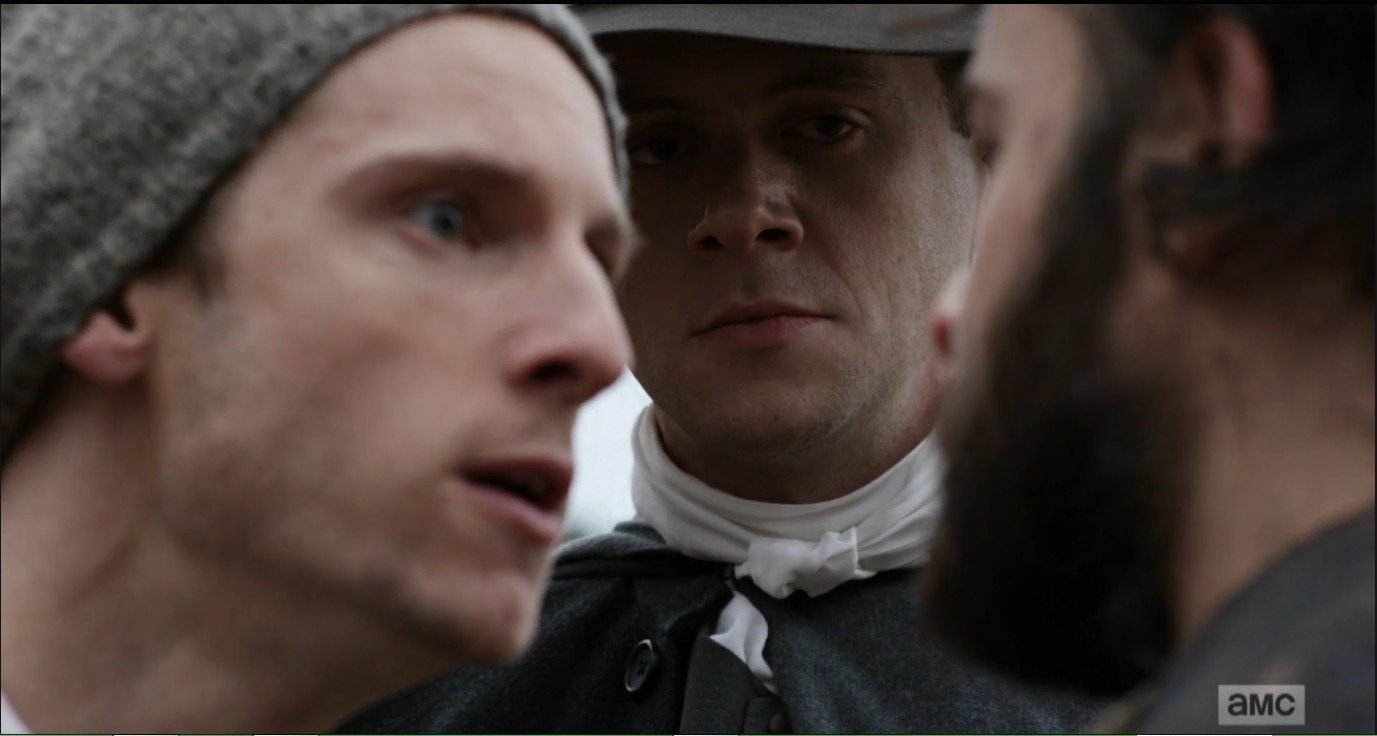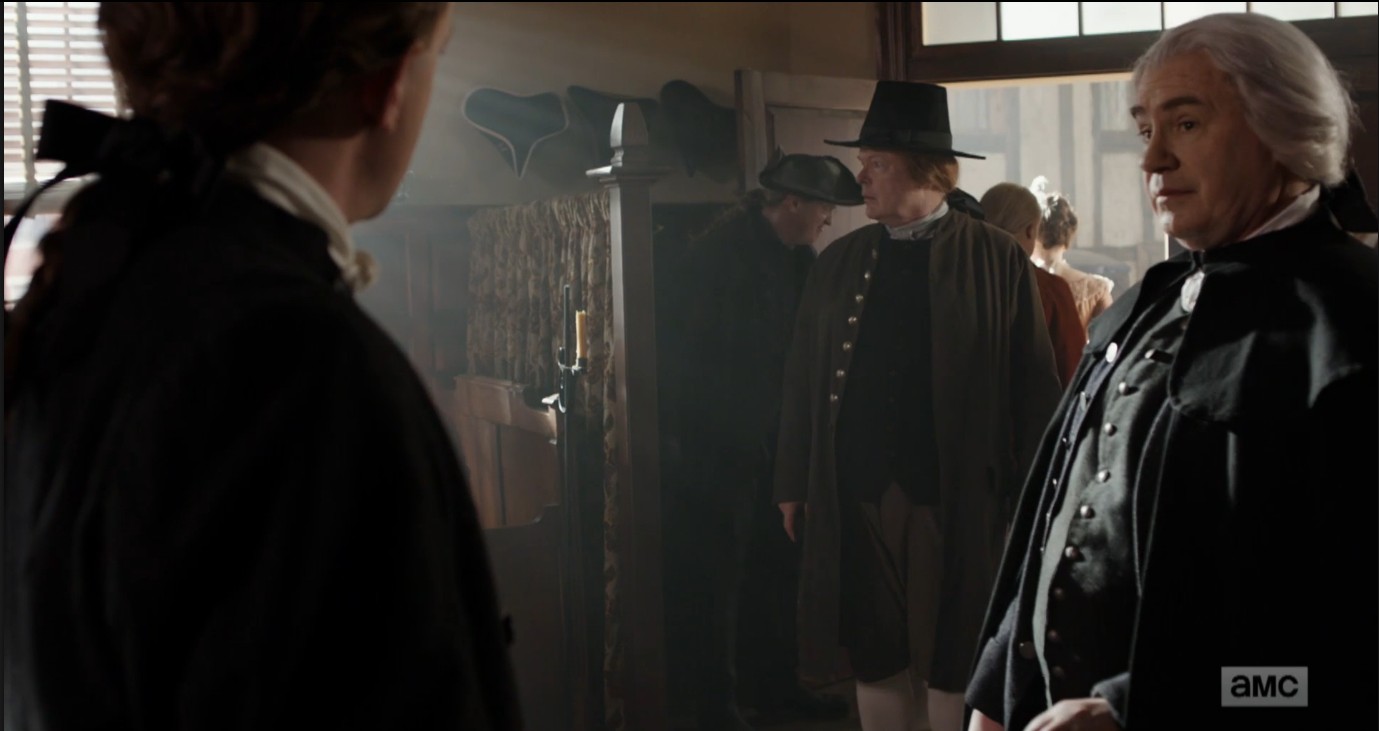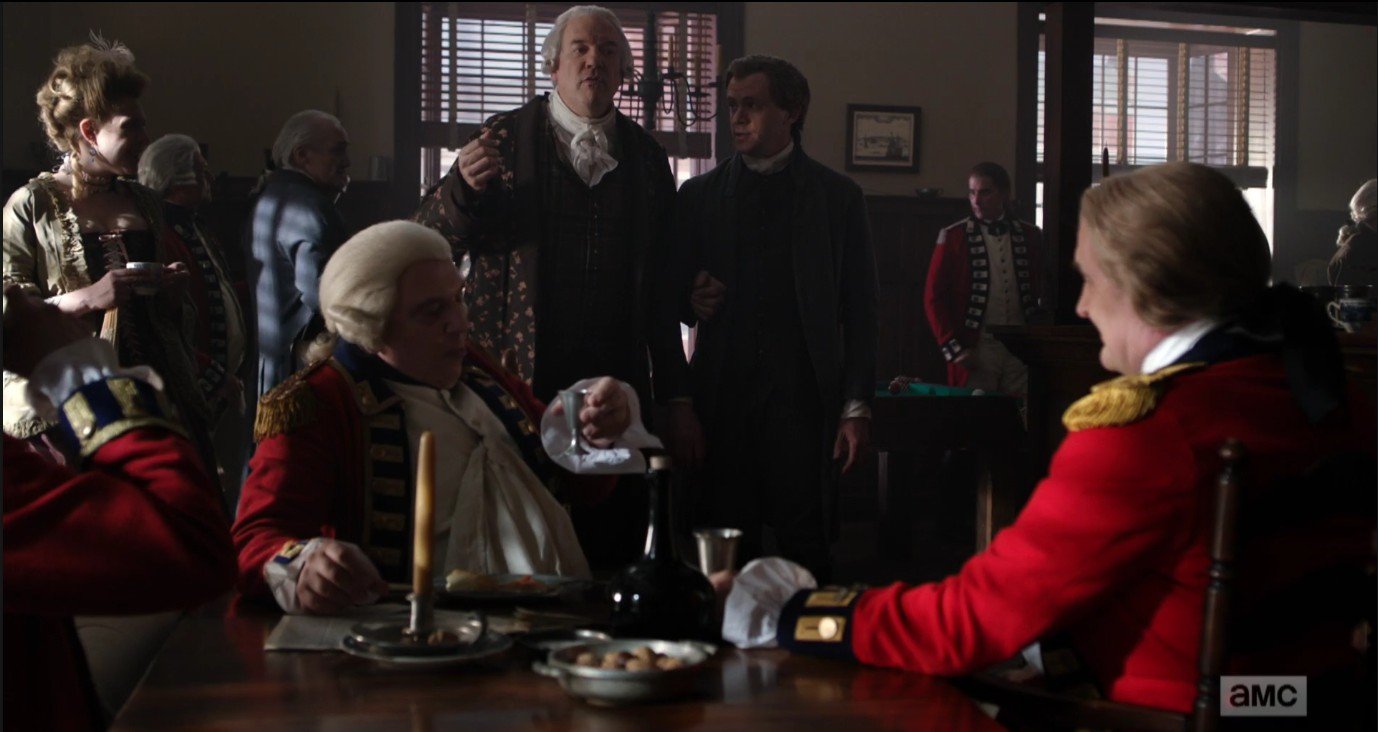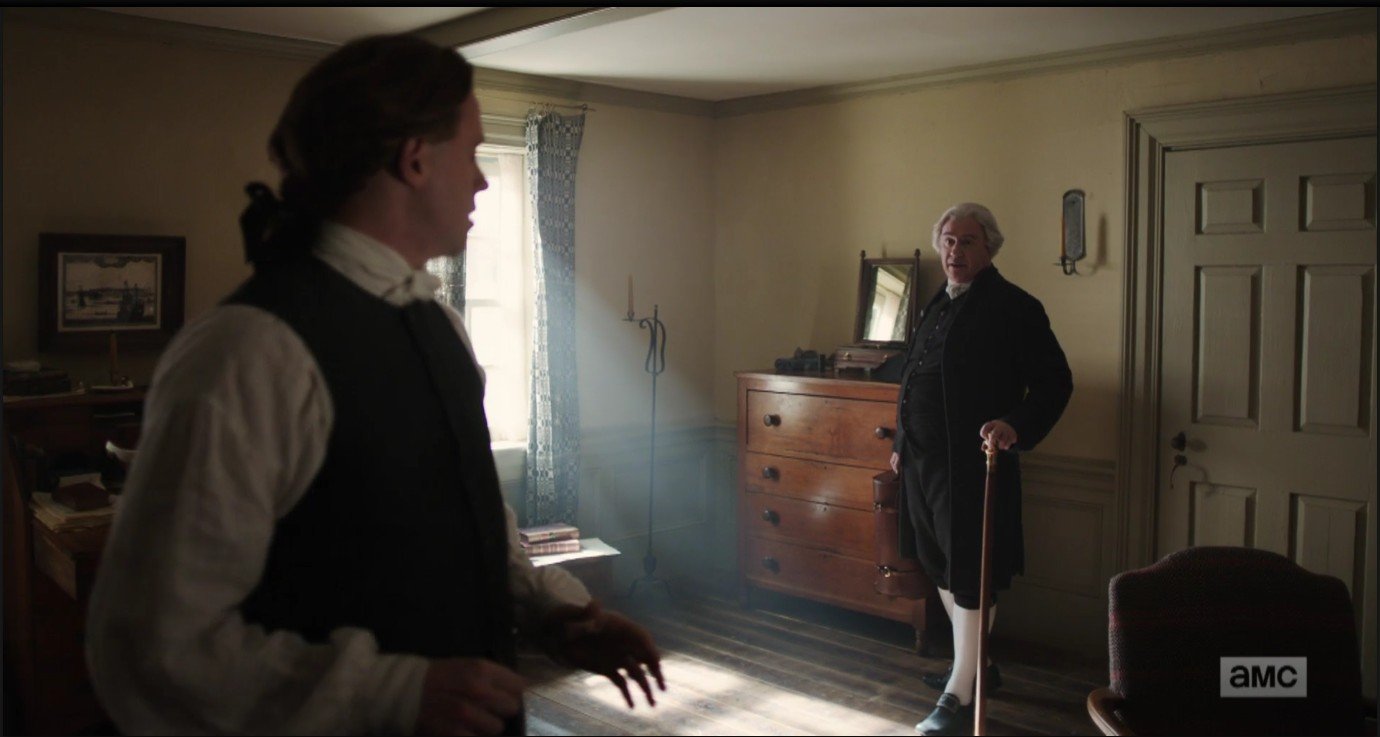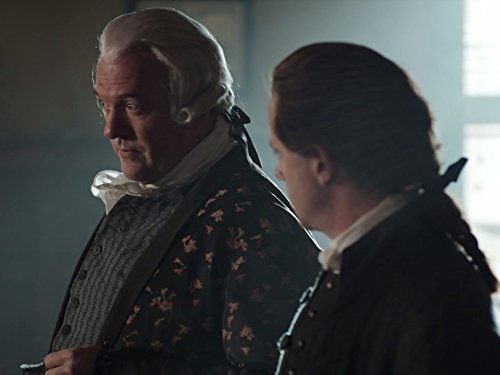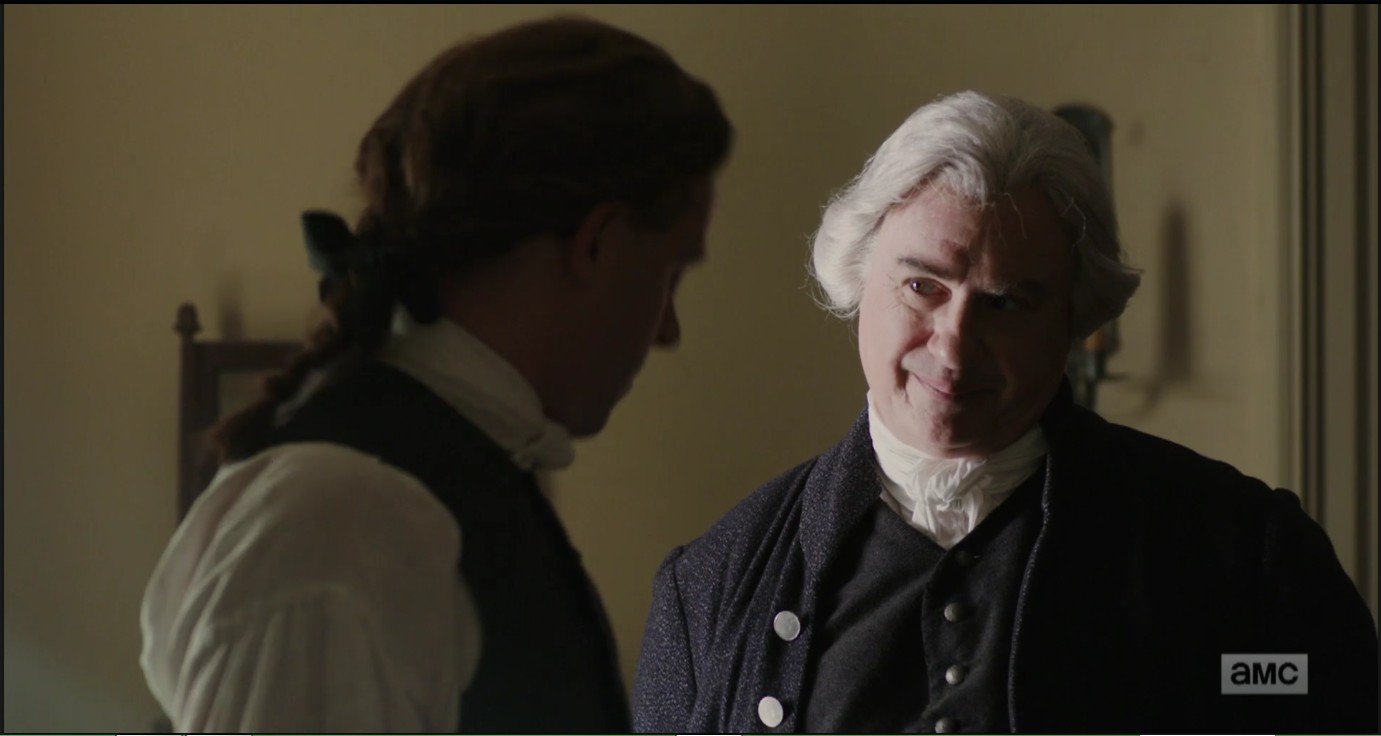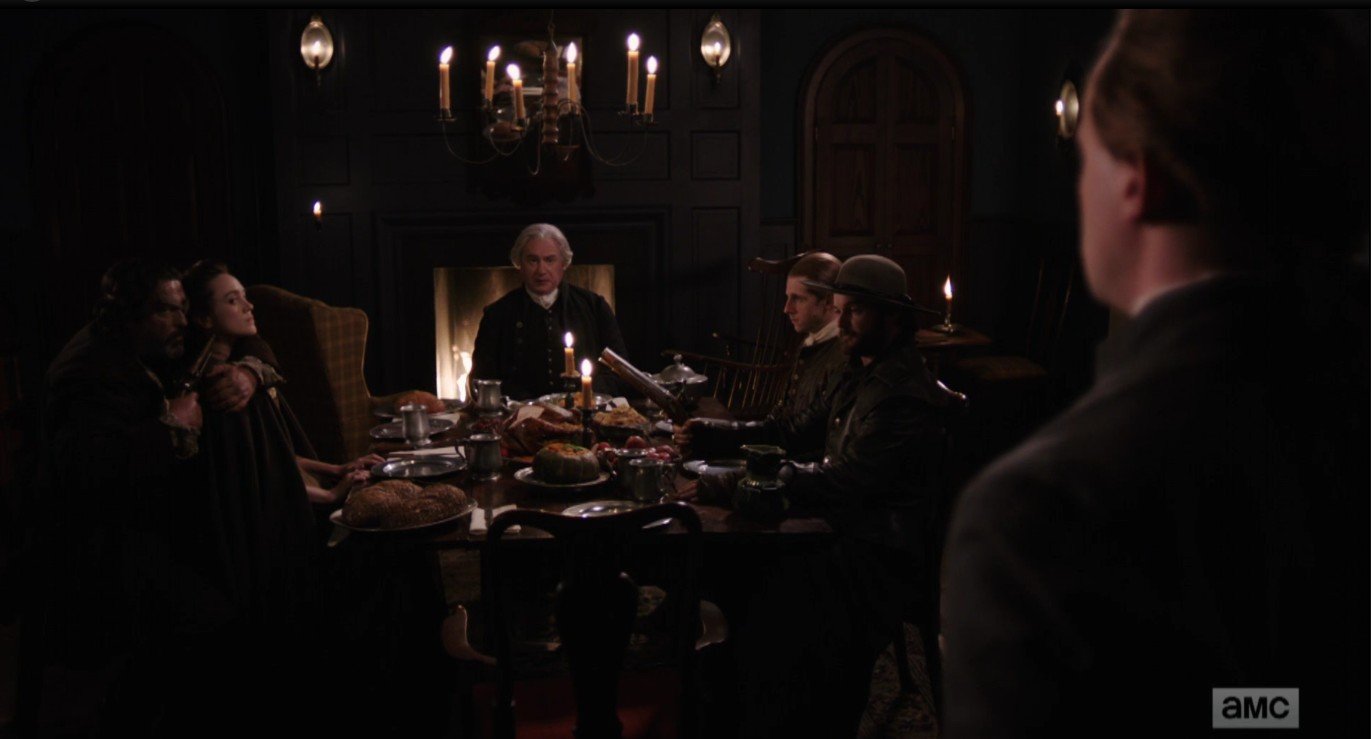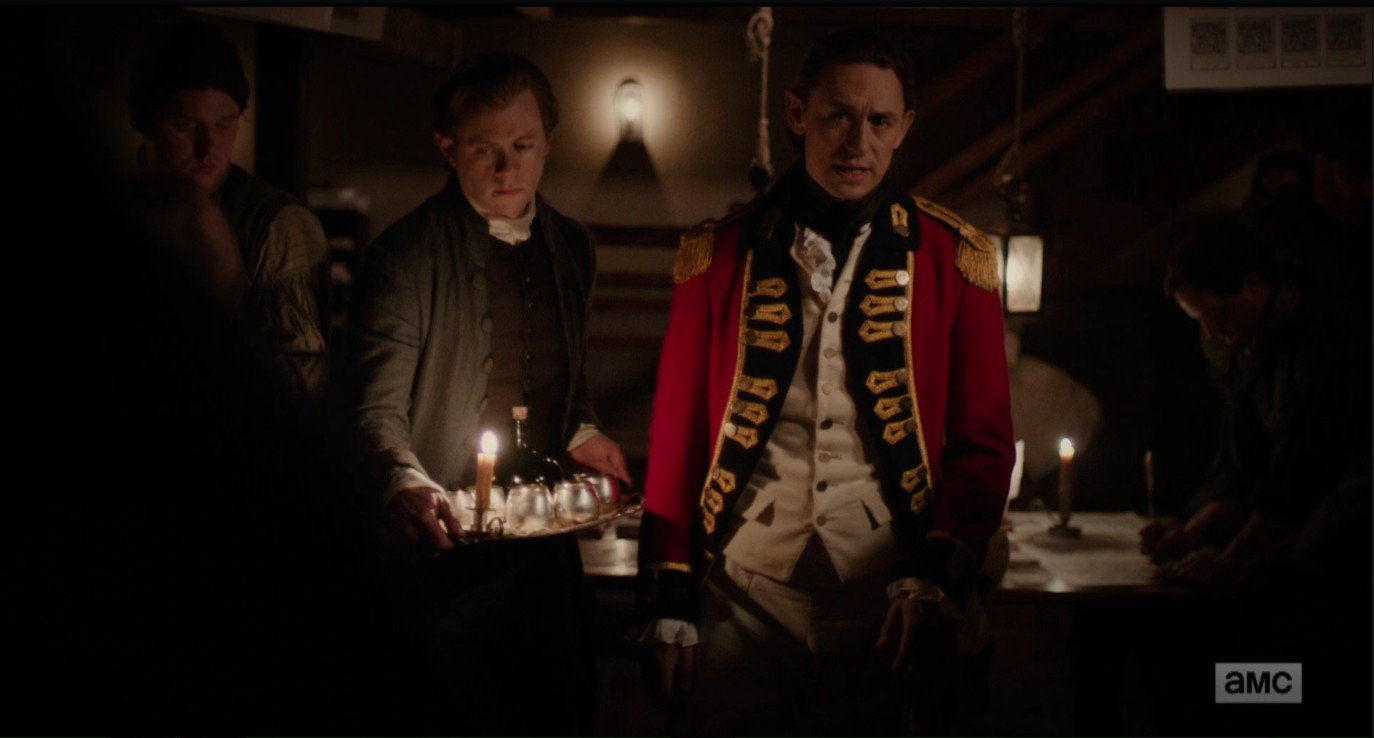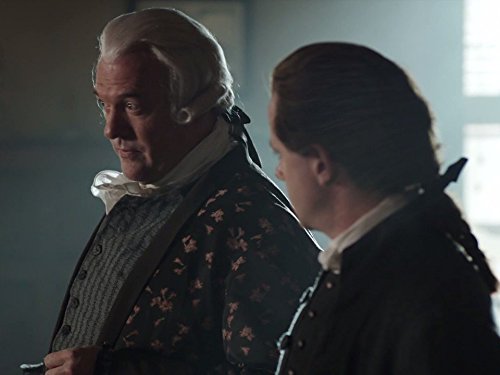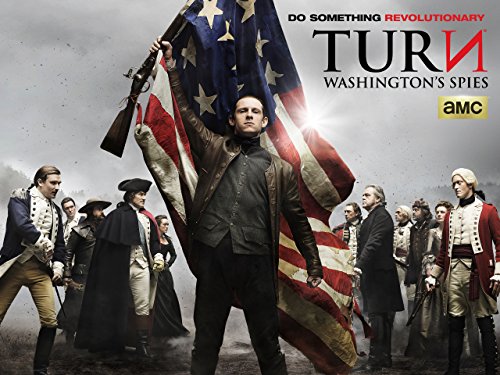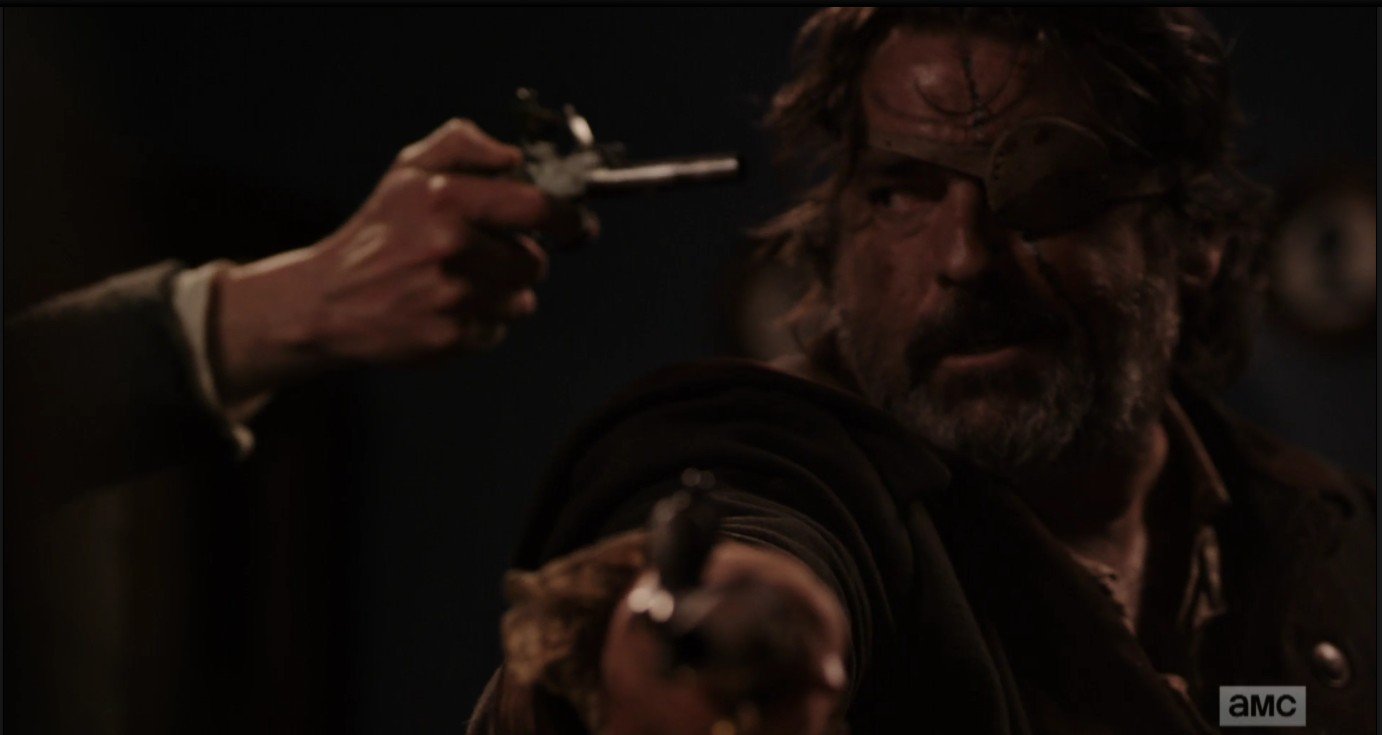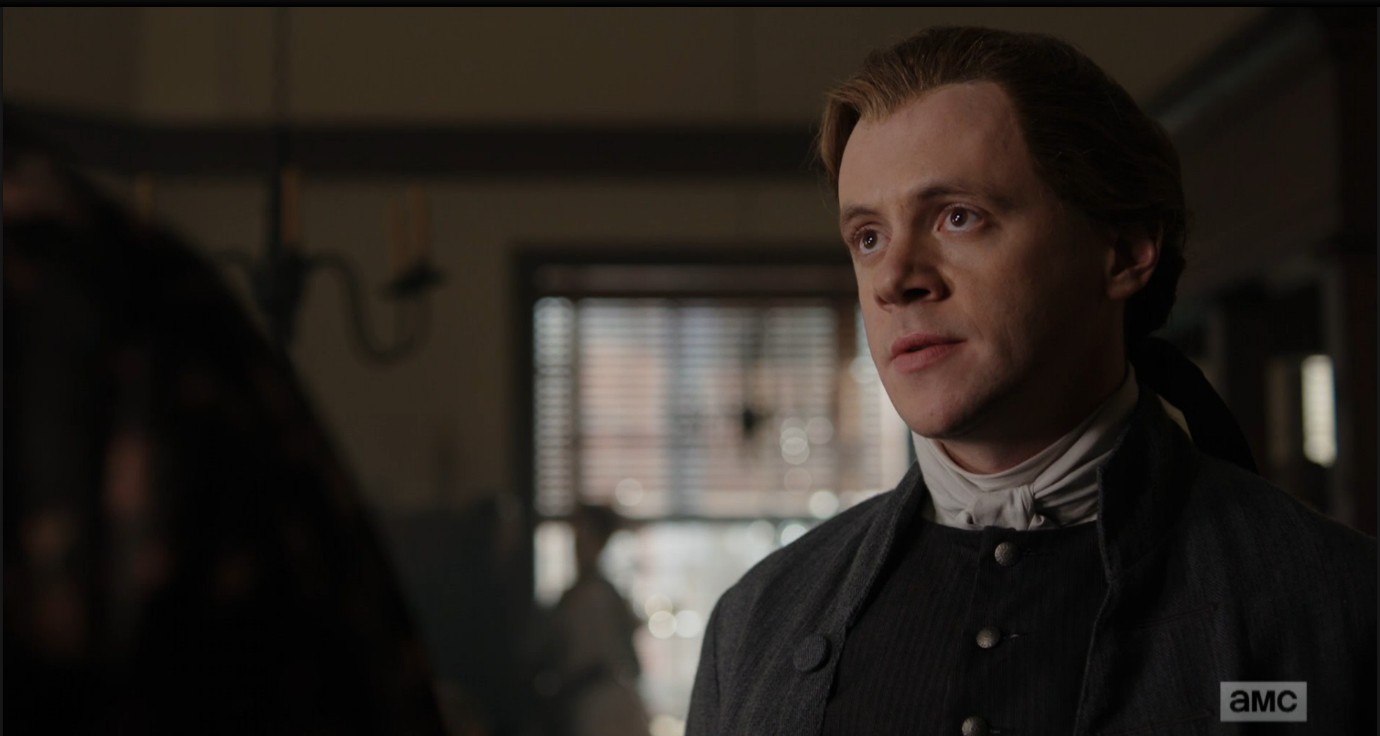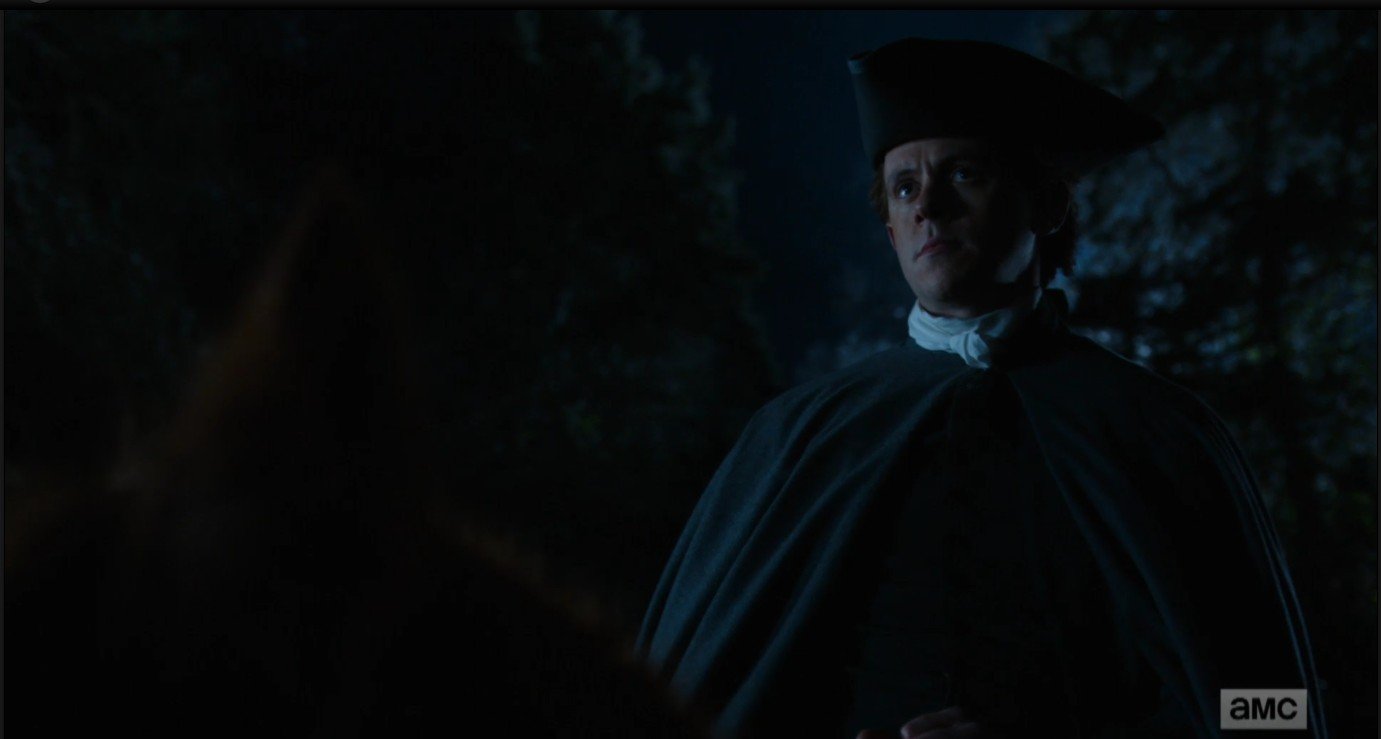Robert Townsend (spy) From Wikipedia, the free encylopedis Born November 25, 1753 Died March 7, 1838 (aged 84) Nationality American Religion Quaker Children Robert Townsend, Jr. Robert Townsend (November 25, 1753 March 7, 1838)[1][2] was a member of the Culper Ring during the American Revolution. Townsend operated in New York City with the aliases ...
Show more »
Robert Townsend (spy) From Wikipedia, the free encylopedis Born November 25, 1753 Died March 7, 1838 (aged 84) Nationality American Religion Quaker Children Robert Townsend, Jr. Robert Townsend (November 25, 1753 March 7, 1838)[1][2] was a member of the Culper Ring during the American Revolution. Townsend operated in New York City with the aliases Samuel Culper, Jr. and 723, and gathered information as a service to General George Washington. He is one of the least known operatives in the spy ring, once demanding that Abraham Woodhull (aka Samuel Culper) never tell his name to anyone, not even Washington.[3] Contents [hide] 1 Background 2 Into the Spy Ring 3 Washington's intentions for Townsend 4 As Culper, Jr. 4.1 Counterfeiting plot discovery 4.2 Counterintelligence 4.3 Disinformation 4.4 Suspicion 4.5 Final Culper report 5 Life after the Culper Ring 6 In popular culture 7 See also 8 Notes 9 External links Background[edit] Townsend was the third son of eight children of Samuel and Sarah Townsend from Oyster Bay, New York. Samuel was a Whig-slanted politician who owned a store in Oyster Bay. Little is known about Roberts early life. His mother was an Episcopalian and his father was a liberal Quaker. He[who?] held patriotic feelings towards his country but was a Loyalist. Robert matured in an atmosphere in which his father routinely acted in ways that were considered dangerous by traditional Quakers.[4] Despite his fathers political battles, young Robert showed little interest in public service. Samuel arranged for Robert to apprentice during his mid-teens with the House of Templeton & Stewart, a merchant firm. During this time, Robert lived and worked among soldiers and residents of Holy Ground,[5] New York Citys biggest red light district.[6] Templeton & Stewart catered to the working-class residents of this district. Ultimately, Townsends early years were dedicated to making a fortune and not demonstrating his underlying patriotism, which would have undermined his financial goals.[7] Townsend fared well during the war in financial terms, operating a store even as he was spying for Washington. Between May 1781 and July 1783, he brought in
Show less «

